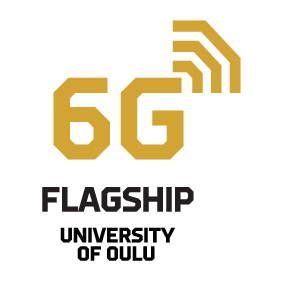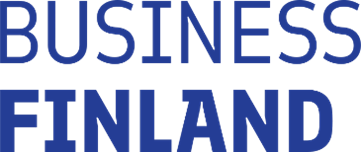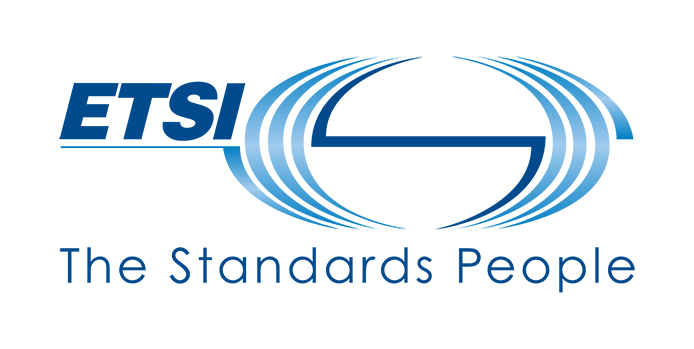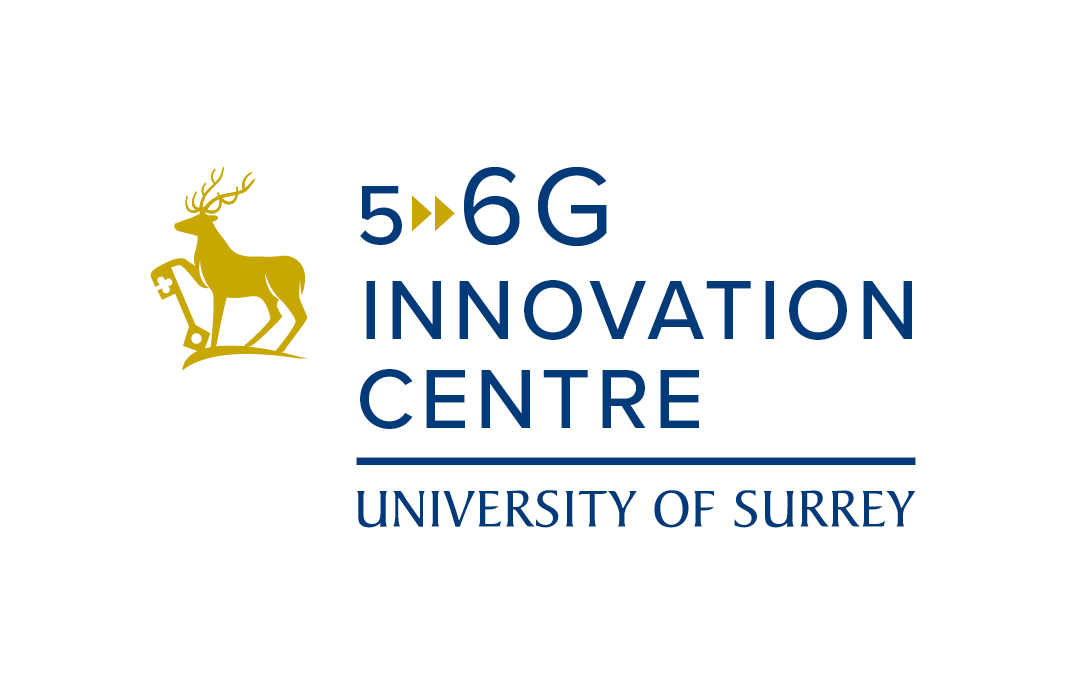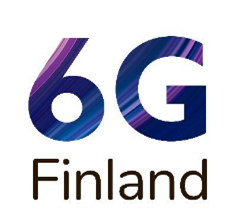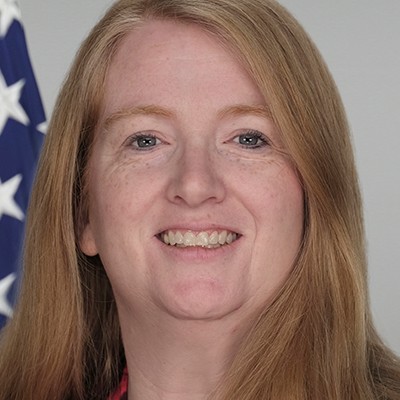

Caitlin Clarke
Special Assistant to the US President
Caitlin McCarthy Clarke serves as the Special Assistant to the President and Senior Director for Cyber and Emerging Technology on the National Security Council. In that role, Caitlin leads the development of defensive-related cyber policy. Previously, Caitlin served as the Assistant National Cyber Director for Planning and Operations within the Office of National Cyber Director focused on federal coherence in response to significant cyber incidents or campaigns of significance. Prior to returning to government service in 2022, Caitlin was both the Director of Cyber Industry Partnerships and Regulatory Engagement and Director of Cyber Threat Intelligence at American Express. She has also served in various positions at the Federal Emergency Management Agency leading national preparedness policy and doctrine as well as operational planning efforts.
Caitlin holds a B.A. in Political Science from Providence College and a Master’s in Public Policy, concentration in National Security, from George Mason University.














